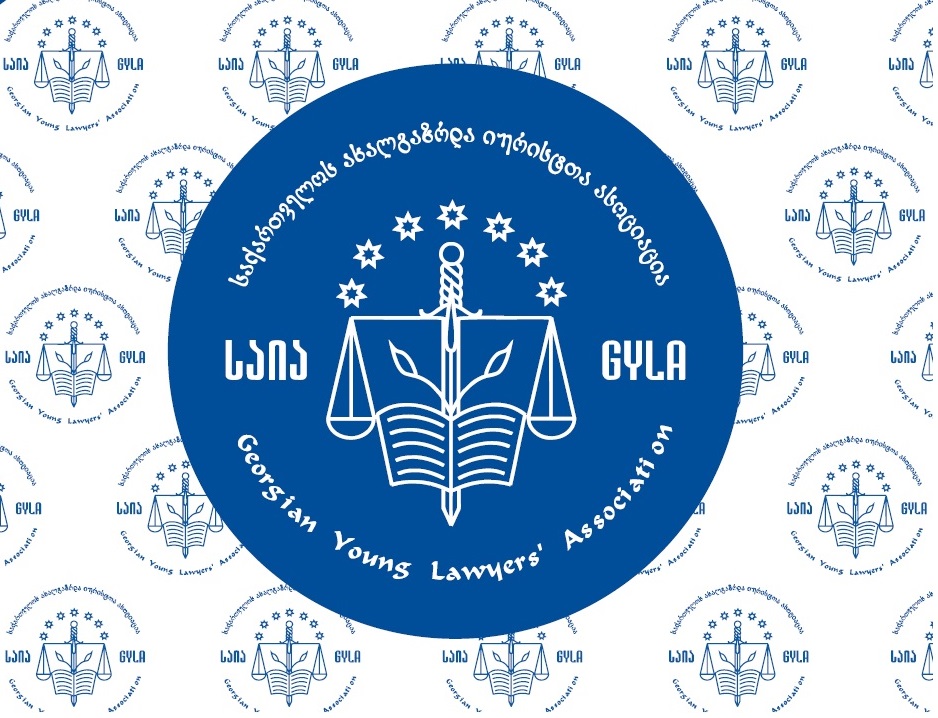


Mar 29, 2011 - When I go to a hospital or clinic, I expect to receive good quality, respectful care, and I usually do. Unfortunately, that is not the experience for many people around the world.
For them, health care settings are not places of healing, but places where severe mental or physical suffering is inflicted as a result of government policy or negligence. This is especially true for patients from socially marginalized groups - people living with HIV, gays and lesbians, transgender persons, people who use drugs, and people with intellectual disabilities or mental health problems. Their contact with health facilities is too often characterized by physical abuse, insults, invasion of privacy, forced medical procedures, or denial of treatment. This amounts to cruel, inhuman, and degrading treatment - and in some cases, torture.
Such abuses must stop, and we all must do our part to make sure that they do. That is why a coalition of health and human rights organizations, including the Open Society Foundations, is launching the Campaign to Stop Torture in Health Care. We are committed to a world where health care centers are safe, and where our governments act to prevent all forms of torture.
We are launching this campaign today for the hundreds of thousands of people who are tortured as a result of insufficient access to pain medicine, for the many who are locked away in drug detention centers where they are regularly beaten and abused, and for the women who are coerced or forced into being sterilized because they “should not be having children.”
We hope you will join us in fighting abusive treatment in health care worldwide. Visit http://www.stoptortureinhealthcare.org for more information on the campaign and to take action end abuses in health care.
ჯ. კახიძის #15, თბილისი, საქართველო, 0102 ; ტელ: (995 32) 95 23 53; ფაქსი: (995 32) 92 32 11; ელ-ფოსტა: gyla@gyla.ge; www.gyla.ge
15, J. Kakhidze str. 0102, Tbilisi, Georgia. Tel: (995 32) 95 23 53; Fax: (995 32) 92 32 11; E-mail: gyla@gyla.ge; www.gyla.ge